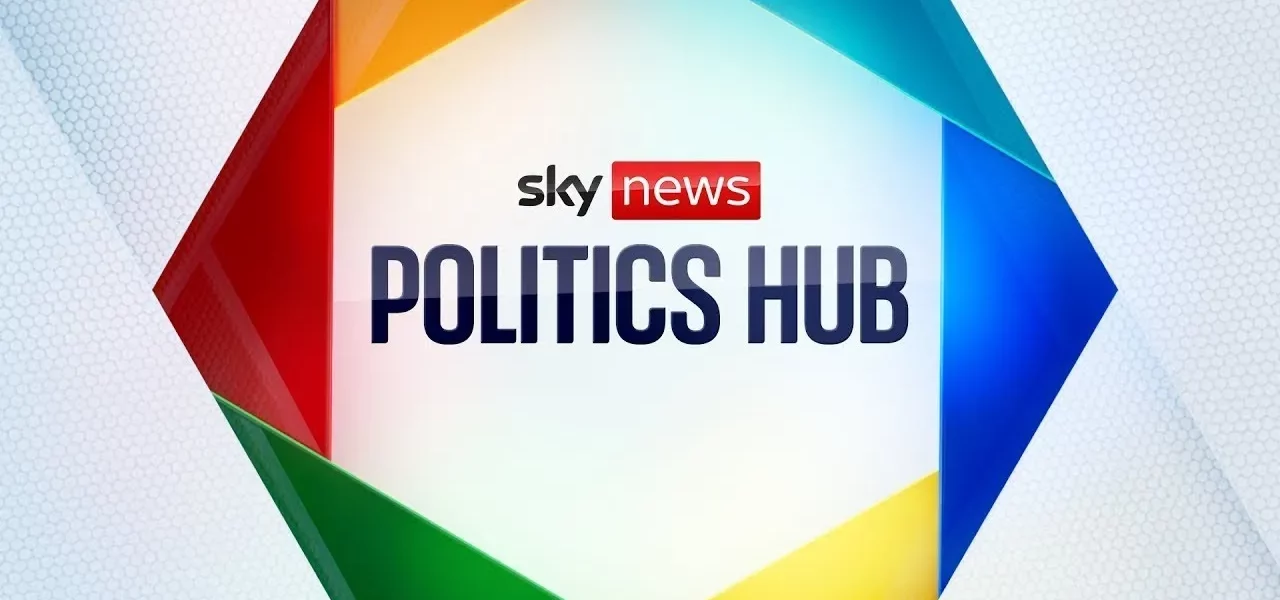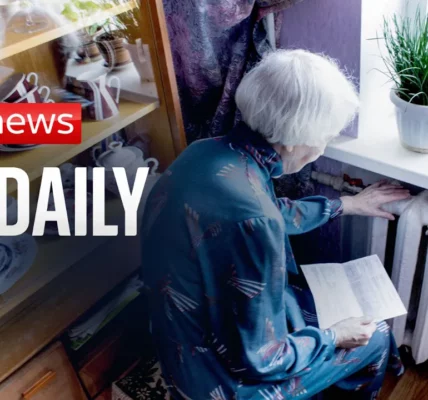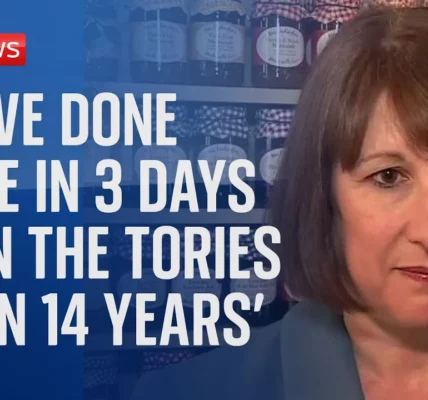Labour Launches Manifesto: Key Points and Economic Implications

In a pivotal moment for UK politics, the Labour Party has unveiled its manifesto, outlining a comprehensive plan for governance aimed at winning the upcoming elections. This article delves deep into the manifesto’s key components, its economic implications, and the reactions from various political stakeholders.
Introduction
The launch of the Labour Party’s manifesto marks a significant milestone in the election campaign. With economic challenges looming large, the manifesto aims to address key issues such as taxation, healthcare, education, and immigration. This article aims to dissect the manifesto’s promises, assess their feasibility, and explore the potential impact on the electorate and the broader UK economy.
Key Points of the Labour Manifesto
The Labour manifesto, described as fully costed and professional, covers several major areas. Below are some highlighted sections:
Taxation Policies
The manifesto proposes several significant changes to the UK’s tax landscape:
- Abolish the non-dom tax status.
- End the use of offshore trusts.
- Cap corporation tax at 25%, maintaining the current rate without increases.
- Retain the triple lock for state pensions.
- No tax rises for working people.
Healthcare Initiatives
Understanding the pressing issues in the NHS, Labour pledges to:
- Increase NHS appointments by 40,000 weekly.
- Double the number of cancer scanners available.
- Recruit an additional 8,500 mental health staff.
Immigration and Border Control
Labour’s immigration strategy includes:
- Establishing a new border security command to combat criminal smuggling.
- Ending the controversial Rwanda scheme.
- Creating a returns and enforcement unit with an additional 1,000 staff members.
Environmental and Energy Policies
The manifesto places a strong emphasis on energy independence and sustainability:
- Creation of Great British Energy.
- Closure of loopholes in the windfall tax on oil and gas licenses.
- Investment of £6.6 billion to improve energy efficiency in 5 million homes.
Education and Childcare
Labour’s proposals for education focus on:
- Hiring 6,500 new teachers in key subjects.
- Opening 3,000 new nurseries, primarily utilizing existing primary school space.
- Ending VAT exemption for private schools.
Funding the Promises
One of the most pressing questions surrounding the manifesto is how Labour plans to fund its ambitious proposals. Key points include:
- Claim of raising £5.8 billion by closing tax loopholes.
- Raising an additional £1.5 billion through VAT on private schools.
Critics argue that the manifesto lacks details on how these measures will be implemented effectively, especially considering the fiscal challenges ahead.
Political Reactions and Implications
The reactions from various political figures highlight the contentious nature of Labour’s proposals:
Response from Conservative Party
Conservative leaders have criticized Labour’s manifesto, suggesting it signals a return to high taxes and potential austerity measures. They argue that:
- Labour’s policies could lead to increased financial burdens on households.
- The manifesto lacks innovative solutions to the current economic crisis.
Labour’s Defence
Labour leaders, including Shadow Foreign Office Minister Lisa Nandy, assert that the manifesto is a serious plan aimed at economic growth and stability. They emphasize:
- Commitment to not raise taxes on working people.
- A focus on delivering manageable growth without resorting to austerity measures.
Conclusion
The Labour manifesto represents a pivotal moment in UK politics, offering a roadmap that prioritizes public services and economic stability. As the election approaches, the effectiveness of these proposals will be tested in the court of public opinion. Voters are urged to consider the implications of this manifesto and to engage actively in the electoral process. Will Labour’s cautious yet comprehensive approach resonate with the electorate? Only time will tell.
Call to Action: Stay informed about the latest political developments and consider how Labour’s proposals might impact your community. Check out our related articles on economic policies and election forecasts.
“`




